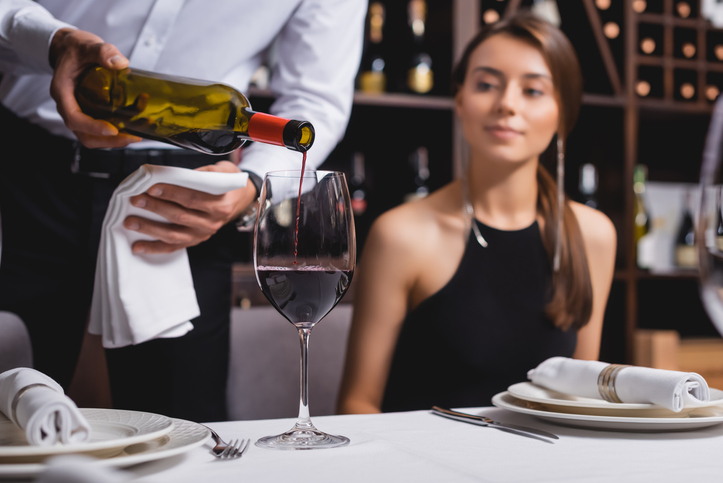We would be remiss to write a series of articles on generating more wine sales without devoting one column to the most serious issue of drinking and driving. The statistics are almost mind-numbing; every day, some 30 lives are lost due to crashes caused by drunk driving. To reframe this in a less abstract way, in the time it takes a party of four to go through a bottle – say, roughly an hour – another person has died from an alcohol-related death.
Here in our home province of Ontario, the government has long recognized the importance of this issue and established Smart Serve Ontario in 1995. Their mandate is to support the industry in their endeavors to ensure that responsible alcohol service is aligned with public safety for the good of our communities. Most municipalities, states or countries have similar programs.
We interviewed Richard Anderson, Smart Serve Ontario’s executive director, to get more information on this province’s program so that you have a better sense of what the law’s broader intentions are. We’ve covered extensively about how best to operate in a revenue-maximizing capacity, but it’s still critical to limit this risk that can both lead to sizeable damages and long-lasting reputational harm.
And by the way, this article represents but one section from our latest book on how to enhance your wine sales entitled, “In Vino Veritas: A Guide for Hoteliers and Restaurateurs to Sell More Wine” which also contains hundreds of other chapters to sell you grow your F&B revenues.
What’s the process for waitstaff to be certified as Smart Servers?
We have made the process very simple. The program is online and those who are interested simply go to our website, register and take our course. It is easy to follow and requires a final examination. In Ontario, anyone who sells, serves, handles or delivers alcohol is required to be trained. We also recommend that restaurant, doorpersons, bar security and management be certified as well.
What is the risk of drinking and driving to the hotelier or restaurateur?
Duty of care is the main responsibility of any hotelier or restaurateur. That duty ensures that the patron is not overserved but furthermore gets home safely after. Anyone who serves a patron to the point of intoxication will accept liability should that person be injured or that person injure someone else due to the intoxication caused by the overservice.
What is the best approach for a server when there is a group drinking so that a designated driver is identified?
A simple approach would be to ask. Many licensed operators provide free non-alcoholic beverages to the individual identified as the designated driver. But importantly, even with a designated driver, an establishment must ensure that no guest is served to the point of intoxication. Here in Ontario, the law states that the minute someone has been served to the point of intoxication, the liability is now assumed by the server and the individual holding the license to sell alcohol. For that reason, it is very important to monitor intake and the patrons’ behaviors to ensure that they are always kept safe.
What should hoteliers and F&B operators do to protect their businesses?
You should be fully aware of the legal issues in your jurisdiction. And our recommendation is simply this: recognize the issue, train your staff and reinforce the importance of safe behaviour. Wine tasting should be fun and enjoyable. Let’s all do our part to keep it that way.
